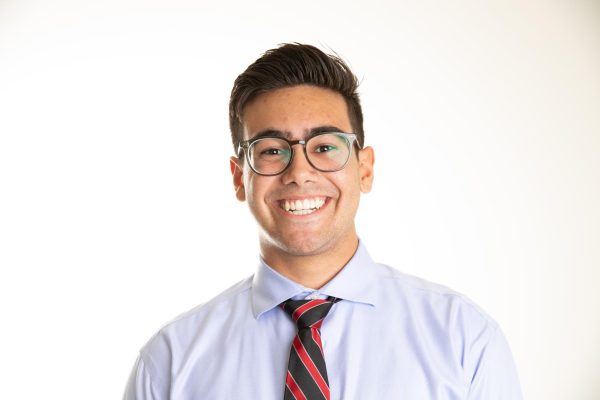A deadly terrorist attack in New Orleans’ historic French Quarter left 14 dead and dozens injured when a man drove a rental truck through crowds of New Year’s Day revelers and opened fire on police officers.
Shamsud-din Jabbar, 42, a U.S. Army veteran, drove down Bourbon Street on January 1, 2025, killing pedestrians before engaging in a shootout with law enforcement. Two police officers were wounded before Jabbar was killed by police.
“Walking through the Quarter now has an eerie feeling that is matched to that of a graveyard,” says Sara Matamoros, a Northshore resident who frequently visited the French Quarter before the attack. “There’s a feeling of somebody watching me.”
The FBI has classified the incident as an act of terrorism after discovering Jabbar’s declared allegiance to ISIS, though direct links to the organization remain under investigation. “I initially intended to kill my family, but I wanted the headlines to focus on ‘the war between the believers and the disbelievers,'” Jabbar stated in a video recovered by investigators.
The attack’s planning included months of surveillance using Meta glasses and the placement of homemade explosive devices throughout the area. Security failures contributed to the tragedy, as the French Quarter’s bollard system designed to prevent vehicle access was inoperable at the time of the attack.
“There weren’t an immense amount of security measures in place,” Matamoros notes. “More police presence in the Quarter and additional barricades would make the area feel safer. The lack of security made the event prone to attack.”
Local families are particularly affected by the incident. “Some locals are staying away from the Quarter, especially families who would go down to the city to participate in events or visit museums and restaurants,” Matamoros explains. “There is a clear sense of unspoken fear.”
In response to the attack, officials have designated upcoming Mardi Gras and Super Bowl events as Level 1 threat assessments, promising enhanced security measures. NOPD Superintendent Anne Kirkpatrick acknowledged during a New Year’s Day press conference that “Jabbar thwarted the city’s safety plans.”
Despite the tragedy, the resilient spirit of New Orleans remains evident. “Many are still excited about Mardi Gras. It’s New Orleans—it will always be a big celebration that the community will be excited to participate in,” says Matamoros, though she adds that her family has temporarily paused large group outings to the city. “Fear is something that will decrease as time moves,” she reflects.
President Joe Biden visited New Orleans following the attack, meeting with victims’ families and attending a prayer service. “We are with you, and we mourn with you,” Biden stated during his visit. The response has sparked political debate, with some leaders, including Louisiana Governor Jeff Landry, attempting to link the incident to border policies, despite Jabbar being an American citizen.
The victims included tourists from various U.S. cities and international locations, including Alabama, Mississippi, and London. Jabbar, who had served in Afghanistan, had recently relocated to New Orleans from Houston just one month before the attack. Investigation records show he had methodically scouted the French Quarter, choosing New Year’s Day for maximum impact on the tourist-heavy celebration.
The French Quarter, historically the heart of New Orleans’ tourism industry and typically filled with visitors exploring its famous architecture, restaurants, and music venues, now faces the challenge of balancing enhanced security with maintaining its welcoming atmosphere. As the city prepares for its upcoming major events, both visitors and locals await details of new security measures that will protect the historic district while preserving its characteristic openness and charm.
This article was written using AI. The reporter takes responsibility for the piece by gathering, editing and verifying all included content.





















